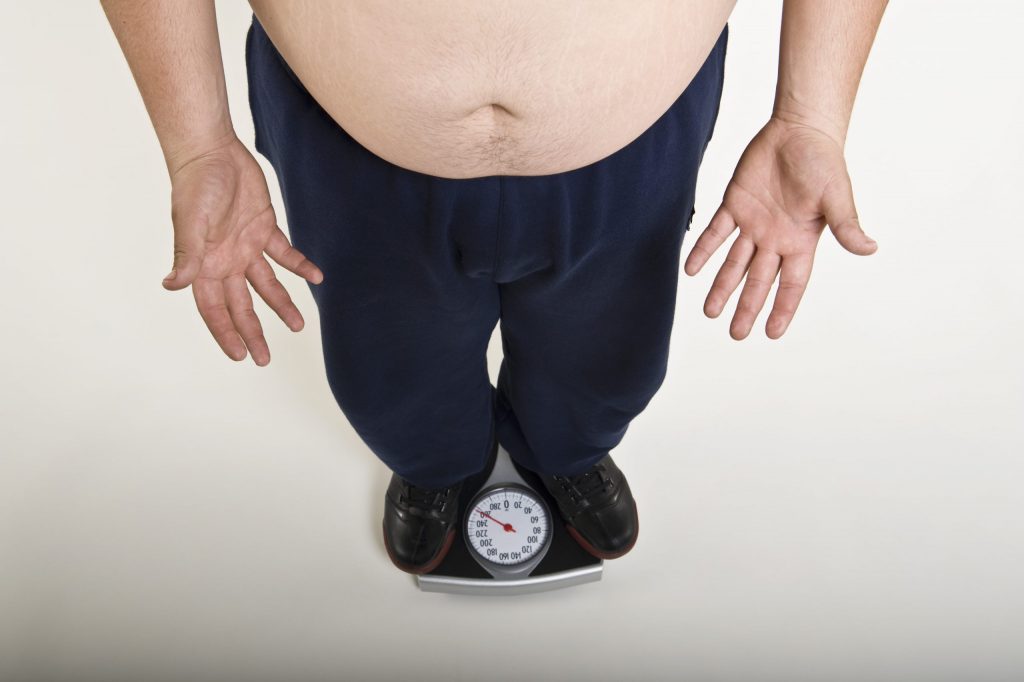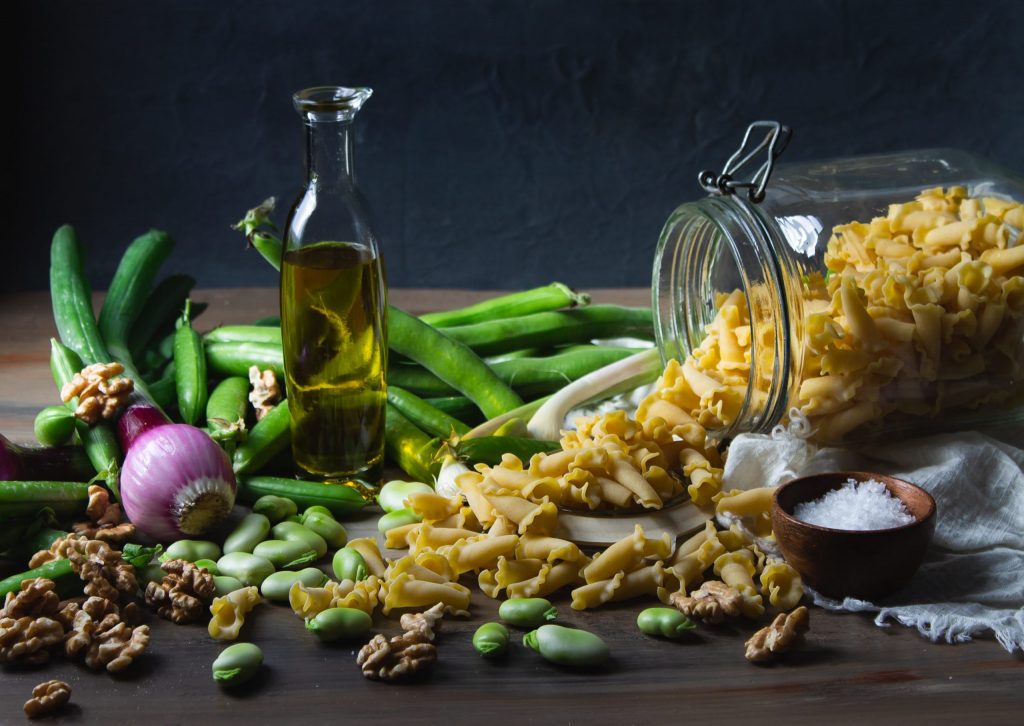National Cholesterol Education Month: How to Increase your HDL
If you don’t know much about cholesterol or where your own cholesterol levels lie, consider doing some research this September. Each year in early fall, the nation recognizes National Cholesterol Education Month, making September the perfect time to brush up on your knowledge of the health risks and benefits associated with it.
Cholesterol falls into two distinct categories: low-density lipoprotein, or LDL, and high-density lipoprotein, or HDL. In the past we shared general information about cholesterol as well as ways to lower your LDL. This year we want to talk about the ways you can increase your HDL. Before we dive into ways to increase your HDL, it is important to understand the difference between your LDL and HDL.
LDL cholesterol
Sometimes called the “bad” cholesterol,” LDL makes up the majority of your body’s cholesterol. This is unfortunate given that there are clear health risks that come with having high LDL levels. For instance, higher levels of LDL heighten your chances of developing heart disease or suffering a stroke.
When you have an excess of LDL cholesterol in your body, it may star to amass along the walls of your blood vessels, causing them to narrow. When this happens, it slows the flow of blood to and from your heart and other organs, which may cause chest pain and in especially severe cases, heart attacks.
HDL cholesterol
HDL cholesterol, on the other hand, is the “good” cholesterol that helps reduce your risk of heart disease and stroke by absorbing excess cholesterol in your blood before directing it back to your liver. Your liver then breaks down the cholesterol before flushing it from your body.
Raising HDL levels
There are many dietary and lifestyle changes you can adopt to help increase your “good” cholesterol levels and reduce your risk of associated health hazards. Here are just a few.
Exercise more
HDL cholesterol works as an antioxidant and has anti-inflammatory effects, and many forms of exercise help elevate your HDL levels. Aerobic exercise boosts HDL cholesterol, especially when it is high-intensity, such as high-intensity interval or circuit training. That said, even low-intensity exercise can have positive effects on HDL levels, and lifting weights also helps. The more you exercise with regularity, the more of an impact you can expect it to have on your HDL levels.
Consume more oil
Certain types of oil, among them olive oil and coconut oils, also boost your “good” cholesterol levels. Studies show that individuals who consume olive oil that has a high polyphenol content on a regular basis see elevated HDL levels as a result. Research also shows that coconut oil raises HDL levels more than many other types of fat, and that most health benefits come from consuming about two tablespoons of coconut oil per day. To get that amount, consider using the oil in cooking, rather than trying to drink it straight.
Consume more heart-healthy foods
Making some relatively simple dietary changes can have a major impact on your HDL levels – and help boost your overall heart health. For starters, try to eradicate trans fats from your diet, as they raise your “bad” cholesterol levels. You’ll often find trans fats in crackers, cookies, cakes and store-bought margarine, among other common sources. Reducing your consumption of the saturated fats found in red meat, dairy products and similar sources also helps reduce your “bad” cholesterol levels, while increasing your intake of soluble fiber, whey protein and foods rich in omega-3 fatty acids also has positive health effects.
Moderate your alcohol intake
Studies suggest that a small amount of alcohol may boost HDL levels, but the effects are not notable enough to warrant starting to drink if you do not already do so. That said, if you are already a drinker, try to limit your consumption to one drink a day if you are female or a male over 65 or two drinks a day if you are a male under 65.

Drop a few pounds
A clear connection exists between being overweight and having high cholesterol, but seemingly small changes can have a substantial impact. Try swapping out soda for seltzer or chips for pretzels, for starters. Many people also find that keeping a food journal heightens their awareness of how much they consume throughout the day. Exercise also plays an important part in helping you shed pounds. Try walking to work, taking the stairs, rather than the elevator, or setting step goals to increase your daily activity levels.
Keep in mind that, while increasing your HDL levels can lead to many health benefits, there are also risks associated with getting too much of a good thing. Research shows that people with exceptionally high HDL levels may have trouble eliminating the “bad,” or LDL, cholesterol from their arteries. Studies also suggest that people with especially high HDL levels do not reap any benefits from having an excess amount of it in their bodies and may actually face a higher risk of a heart attack or stroke because of it.







